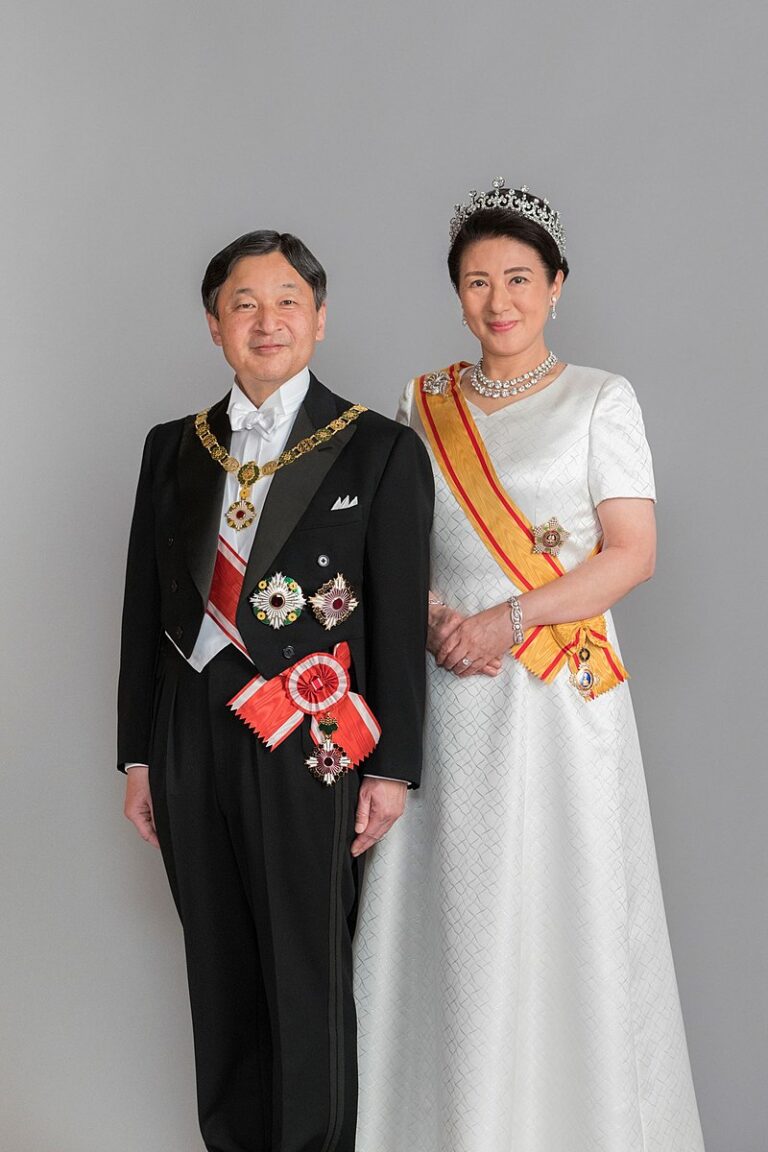When we hear the word “emperor,” images of grand palaces, vast armies, and unparalleled authority often come to mind. But what exactly defines an emperor, and how has this role evolved throughout history? Let’s embark on a journey through time to explore the multifaceted world of emperors.
The Concept of an Emperor
At its core, an emperor is a sovereign ruler of great power and rank, especially one ruling an empire. Unlike kings or queens who might govern a single nation, emperors often preside over multiple territories and peoples, unifying them under a central authority.
Historical Origins of Emperors
The title “emperor” has its roots in the Latin word “imperator,” originally used in ancient Rome to denote a commander with victorious troops. Over time, it evolved to signify the supreme ruler of the Roman Empire, setting the stage for its adoption in various cultures worldwide.
The Role of Emperors in Ancient Civilizations
Emperors weren’t just political leaders; they were often seen as divine or semi-divine figures, bridging the gap between the gods and their subjects. Their responsibilities spanned governance, military leadership, and religious duties, ensuring the prosperity and stability of their realms.
The Roman Empire: A Case Study
The Roman Empire offers a quintessential example of emperorship. Starting with Augustus, the first Roman emperor, the empire expanded its reach across continents. Roman emperors wielded immense power, influencing law, culture, and the very fabric of society.
Emperors in Asian Dynasties
Across Asia, emperors played pivotal roles in shaping civilizations. In China, dynastic emperors like those from the Ming and Qing dynasties oversaw periods of great cultural and technological advancement. Similarly, Japan’s emperors, though often more ceremonial, have been central to the nation’s identity for millennia.
The Decline of Imperial Rule
As history marched on, many empires faced decline due to factors like overexpansion, economic troubles, and internal strife. The fall of the Byzantine Empire in the 15th century and the eventual dissolution of the Holy Roman Empire in the 19th century marked significant shifts away from imperial rule.
Modern-Day Emperors
Today, the concept of emperorship has largely transformed. While the political power of emperors has waned, ceremonial emperors still exist, such as in Japan, where the emperor serves as a symbol of national unity and continuity.
The Symbolism of Emperors in Culture
Emperors have long been symbols of authority, grandeur, and legacy. Their images adorn coins, monuments, and artworks, serving as reminders of past glories and the enduring human desire for order and leadership.
Emperors in Literature and Media
From Shakespeare’s “Julius Caesar” to modern films like “Gladiator,” emperors have been central figures in storytelling. Their lives, filled with drama, intrigue, and power struggles, provide rich material for exploring themes of ambition, morality, and destiny.
The Power Dynamics of Emperorship
Holding the title of emperor wasn’t always a guarantee of absolute power. Many faced challenges from ambitious generals, political factions, or external enemies. The delicate balance of maintaining authority required not just might, but also diplomacy and strategic alliances.
The Legacy of Famous Emperors
Figures like Napoleon Bonaparte, who crowned himself Emperor of the French, left indelible marks on history. His legal reforms, known as the Napoleonic Code, influenced legal systems worldwide, showcasing how an emperor’s impact can transcend their reign.
The Ceremonial Aspects of Emperorship
Coronations, parades, and elaborate rituals have long been associated with emperors. These ceremonies weren’t just for show; they reinforced the emperor’s divine right to rule and solidified their bond with the populace.
Emperors and Religion
In many cultures, emperors were seen as chosen by or even descendants of deities. This divine association bolstered their authority, making rebellion not just a political act, but a sacrilegious one.
Conclusion
The role of the emperor has morphed over millennia, reflecting the changing landscapes of politics, culture, and society. While the age of vast empires may have faded, the legacy of emperors continues to influence modern governance, art, and collective memory.
